Weatherstripping Service for Better Comfort

Late summer and early fall are ideal times to schedule weatherstripping to prepare for colder months.

Performing weatherstripping during moderate temperatures ensures materials seal properly without issues caused by extreme heat or cold.

Spring and fall are optimal for improving energy efficiency before heating or cooling seasons peak.

Ways to make Weatherstripping Service work in tight or awkward layouts.
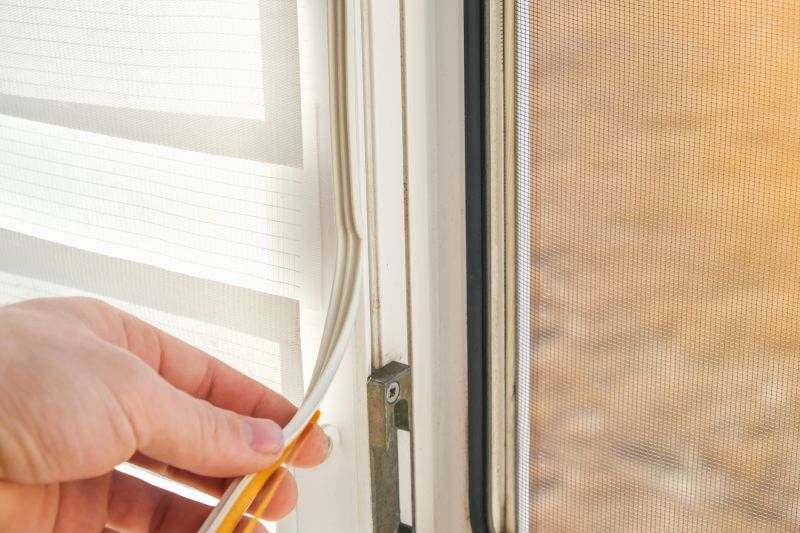
Popular materials for Weatherstripping Service and why they hold up over time.
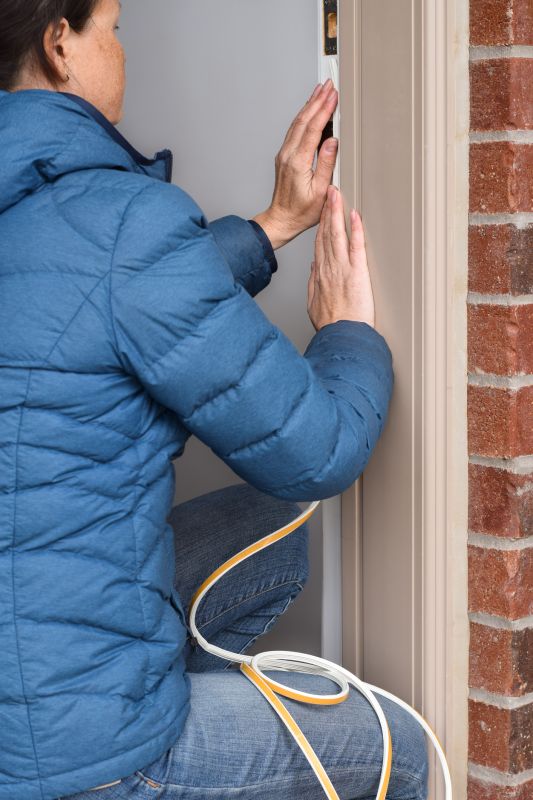
Simple add-ons that improve Weatherstripping Service without blowing the budget.

High-end options that actually feel worth it for Weatherstripping Service.
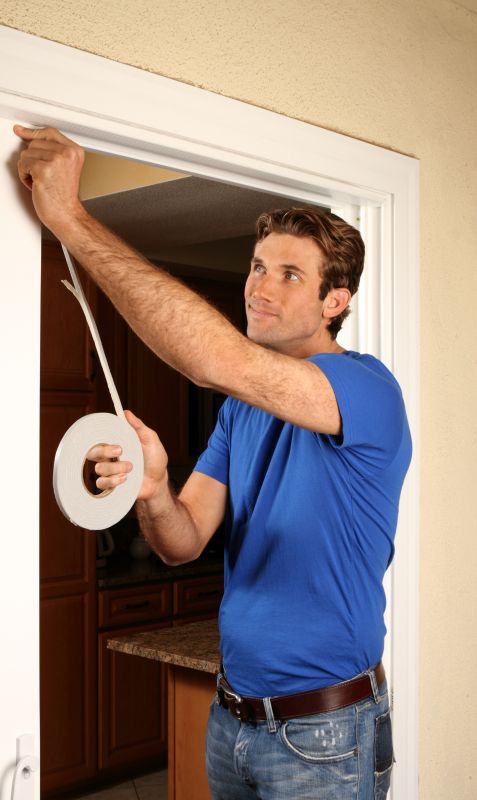
Finishes and colors that play nicely with Weatherstripping Service.
Weatherstripping service involves installing or replacing seals around doors and windows to prevent air leaks. Proper sealing reduces energy costs by maintaining indoor temperature and enhances comfort by minimizing drafts. The best time for this service depends on climate, seasonal changes, and energy-saving goals. Typically, scheduling during moderate weather ensures optimal seal installation and effective performance.
Statistics indicate that sealing leaks can save up to 15% on heating and cooling bills annually. Weatherstripping also extends the lifespan of HVAC systems by reducing strain caused by temperature fluctuations. Regular maintenance, including timely weatherstripping, is essential for maximizing home efficiency and comfort.
Installing weatherstripping before winter helps prevent heat loss and keeps indoor spaces warm.
Assessing seals after winter ensures any damage is repaired to maintain energy efficiency.
Scheduling weatherstripping during seasonal changes supports consistent indoor comfort.
Timely weatherstripping can significantly reduce utility bills by improving insulation.
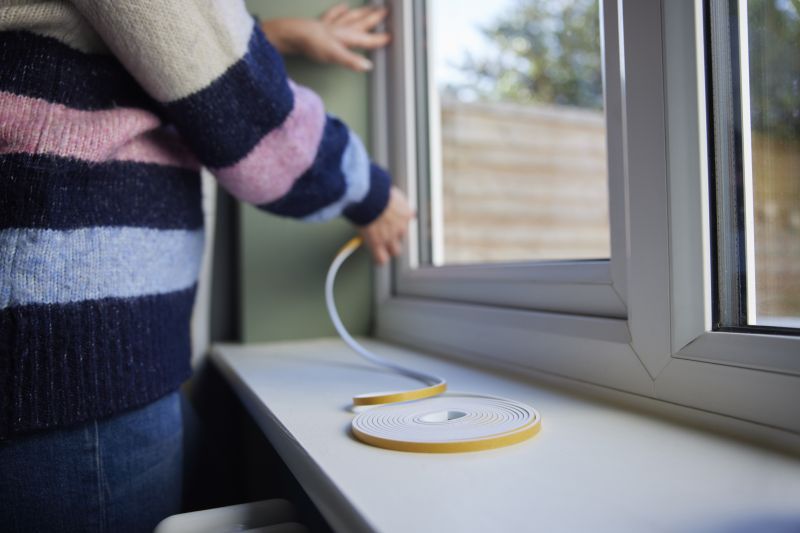
Technicians applying seals around a window frame.
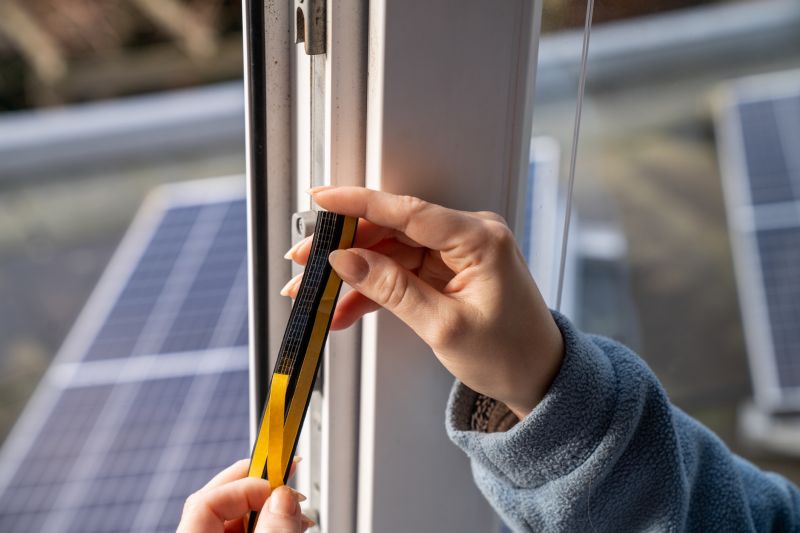
Close-up of new weatherstripping being installed on a door.
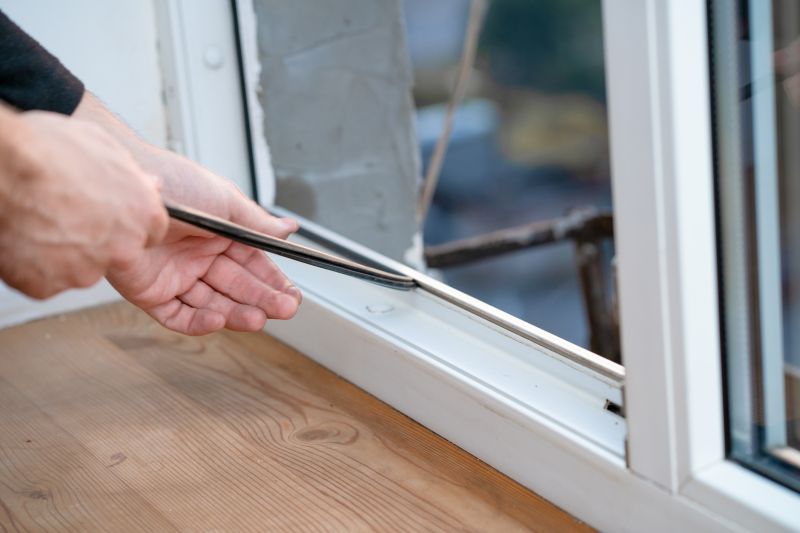
Thermal imaging showing reduced air leaks after service.
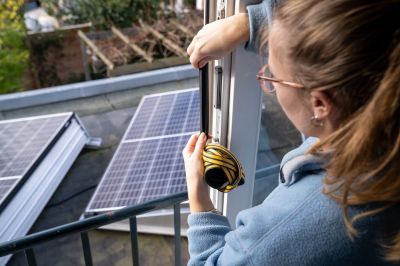
Homeowner inspecting door seals during seasonal change.

Application of weatherstripping to a window sash.
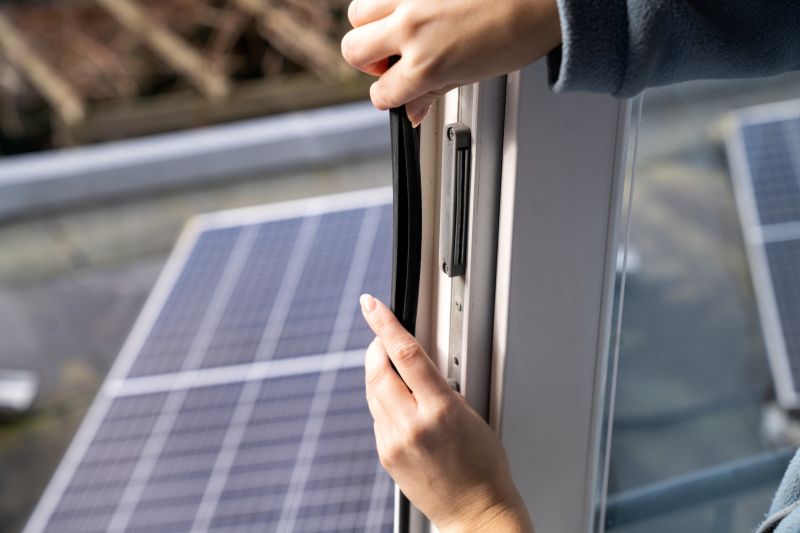
Tools used by technicians for precise installation.
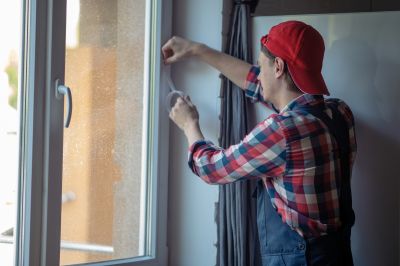
Identifying and sealing drafts around a window.
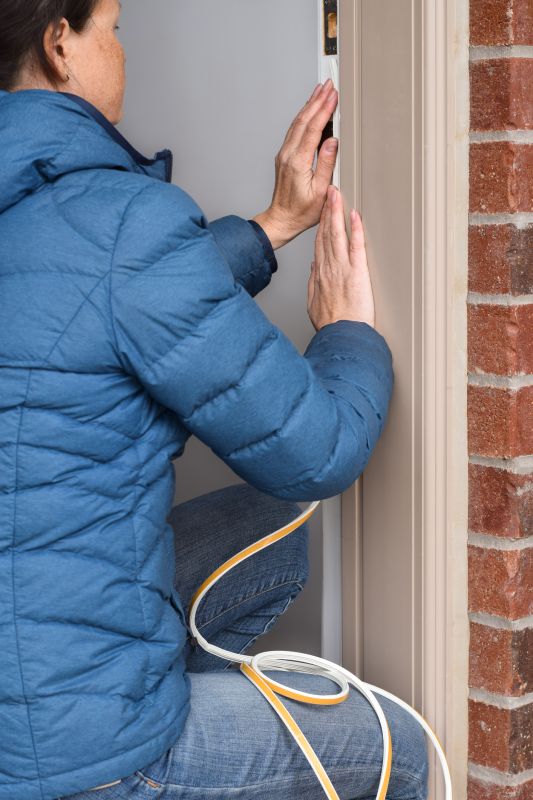
Completed weatherstripping on a door frame.
| Season | Recommended Timing |
|---|---|
| Fall | Late summer to early fall |
| Winter | Before cold weather sets in |
| Spring | Early spring for energy savings |
| Summer | During moderate temperatures |
| Post-Season | After extreme weather periods |
Scheduling weatherstripping during the right season ensures optimal seal performance and energy savings. Proper timing can prevent drafts during cold months and reduce cooling costs in summer. Regular assessments and timely replacements contribute to consistent indoor comfort and lower utility expenses.
Understanding seasonal patterns and weather conditions helps determine the best window for weatherstripping service. Consulting with professionals can provide tailored recommendations based on local climate and home-specific needs. Proactive maintenance supports long-term energy efficiency and indoor comfort.

Various tools used for precise installation.

A technician applying weatherstripping around a window.

Sealed doors and windows enhancing insulation.

A 60-second routine that keeps Weatherstripping Service looking new.

A frequent mistake in Weatherstripping Service and how to dodge it.

Small tweaks to make Weatherstripping Service safer and easier to use.

Lower-waste or water-saving choices for Weatherstripping Service.

The short, realistic tool list for quality Weatherstripping Service.
Interested in improving home energy efficiency through weatherstripping? Filling out the contact form provides an opportunity to schedule a professional assessment and service tailored to specific seasonal needs.
